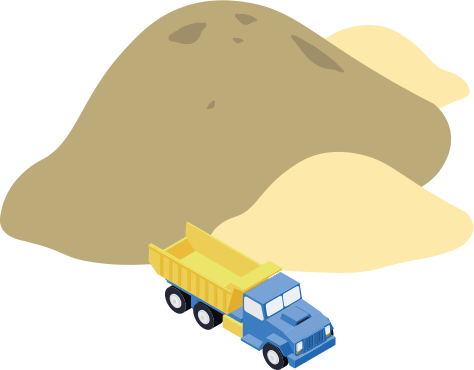In some ways, Google is like a TV network. The viewers (searchers) don’t pay the TV network. The advertisers do. With Google, it’s “sponsored links” – the paid listings along the top and right side of the page.
But the advertisers are willing to pay only based on the TV network (or Google) bringing viewers to the screen (page).
And that means providing a visitor experience that brings people back to the network (search engine).
So Google’s major effort is to provide searchers the best possible experience. And that means trying to serve up to them exactly what they are looking for – no matter what and how they search. Google has gotten very good at this – distinguishing sites with real content, the important from the unimportant and figuring out on a totally automated basis what a page is about.
There are technical details as to how Google does this, that we are aware of and utilize to ensure a site gets its just rankings.
But the heart of it – as Google itself says over and over – is to provide real, useful, desired content on your pages.
So what determines your rankings when someone does a search? It comes down to two things:
1. Relevance.
2. Importance.
When Google examines a page, it is looking for what that page is about. It decides this based on a large number of factors, primarily based on the content of that page. If the page talks about apples, than it is about apples. It is not about oranges and no matter how important the page is, it is not going to come up in a search for oranges.
But, importance also matters. Again, Google bases its evaluation of importance on a wide variety of factors, including the size of the website (number of pages), how long it has been around, and what other websites have to say about it. Google calls this “Page Rank“.
How then, does Google work?
Google (and other search engines) maintain computers with huge data bases (called “indexes”) that are queried when you do a search. So they aren’t searching the Internet in real time. Instead, they have “spiders” – automated programs – that scour the net, updating their indexes periodically.
Currently, Google reindexes the average site about every three weeks. It doesn’t necessarily do the whole site all at once but might do one page one day and another the next. Some sites might be indexed much more often, even within minutes of changes being made.
There’s a lot more to it, but those are the basics.








